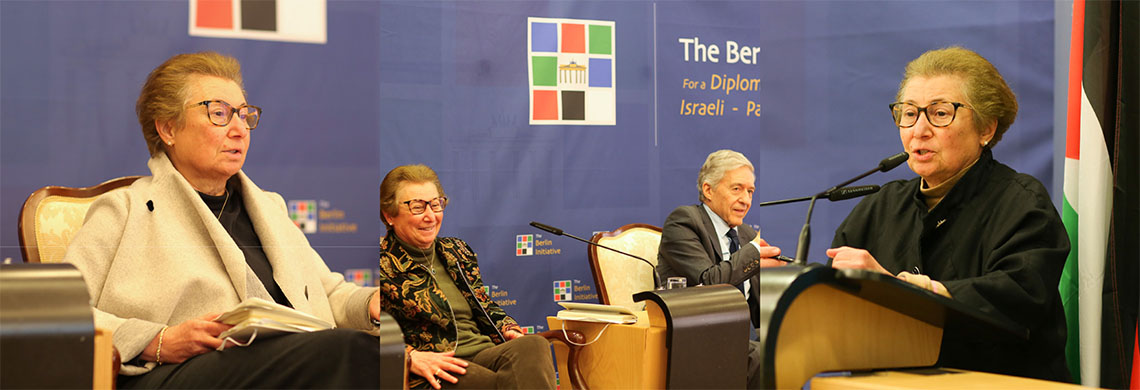The Montenegro Symposium on International Law & Human Rights
"An Interdisciplinary Analysis of the Role of International Law in Promoting Human Rights"

Introduction
The post WWII international framework witnessed the emergence of a set of liberal norms and values conceptualized today as the international set of human rights. In this sense, the system of international law serves as one of the main mechanisms for the development and application of a functioning framework for a universal human rights system. Hopes for the effective functioning of such legal instruments at the international level are high; however the lack of universality in practice and the inherent difficulties of their implementation have highlighted the need for further constant legislation to assure the development and the implementation human rights globally.Some of the major obstacles obstructing the implementation of such a global human rights system are the economic interests and inequalities of the world as well as the lack of legislation with regards to issues of youth and women's rights, which permeates the international community. Any efforts at supporting universal human rights must therefore be accompanied by legislation that promotes sustainable development as well as the protection of the rights of youth women and the poor, which together make up the majority of the world population. In addition, issues of security and responsibility to protect must be incorporated as an integral part into international law in order to assure its positive progress and long term success.
The Montenegro Symposium on Cultural Diplomacy & Human Rights will gather a broad range of stakeholders to explore and analyze these issues and will formulate recommendations for joint strategies for immediate and future implementation. The Symposium will create and publish a proposal document that will then be publically presented to the international community.
Symposium Speakers & Delegates »
Speakers and delegates during the symposium will include leading politicians, chief diplomats, leading governmental officials, senior academics, renowned authors, journalists, and celebrated artists. These speakers will include a large number of individuals from the ICD Advisory Board. To learn more about the ICD Advisory Board, please click here.Speakers for the Symposium include:
 President Filip Vujanović President Filip VujanovićPresident of Montenegro |
 President Vesna Medenica President Vesna MedenicaPresident, Supreme Court of Montenegro |
 Minister Duško Marković Minister Duško Marković Minister of Justice of Montenegro |
 President Fejzullah Hasani President Fejzullah HasaniPresident, Supreme Court of Kosovo |
 Judge Abdulkadir Ilhani Judge Abdulkadir IlhaniDeputy Chief Justice, Supreme Court of Turkey |
 Minister Igor Luksic Minister Igor LuksicMinister of Foreign affairs of Montenegro |
 Judge Xhezair Zaganjori Judge Xhezair ZaganjoriChief Justice of the Supreme Court of Albania |
 Judge Borge Dahl Judge Borge DahlFormer President, Supreme Court of Denmark |
 President Branko Hrvatin President Branko HrvatinPresident, Supreme court of Croatia |
 Judge Fausto Pocar Judge Fausto PocarFormer President of the ICTY |
 Judge Julia Sebutinde Judge Julia SebutindeJudge, the International Court of Justice |
 Judge Danute Jociene Judge Danute JocieneJudge, Constitutional Court of Lithuania |
 Ombudsman Juris Jansons Ombudsman Juris JansonsOmbudsman of the Republic of Latvia |
 Judge Göran Lambertz Judge Göran LambertzJudge, Supreme Court of Sweden |
 Matei Stanciu Tarcea Matei Stanciu TarceaVice-President, High Court of Romania |
Symposium Participants »
Participation in the symposium is open to governmental & diplomatic officials, academics, artists, journalists, civil society practitioners, private sector representatives, young professionals and students as well as other interested individuals from across the world.If you would like to reserve a position and participate in the summit, please click on the link below and fill out the online application form:
Participant Papers »
 The Institute for Cultural Diplomacy encourages academic research and analysis of issues related to the goals of the Conference. The ICD would therefore like to welcome the participants of the conference to submit a paper they would like to be considered for presentation at the conference as well as being included in the proposal document that will be issued following the conference and will be sent to all governments and leaders of the international community worldwide.
The Institute for Cultural Diplomacy encourages academic research and analysis of issues related to the goals of the Conference. The ICD would therefore like to welcome the participants of the conference to submit a paper they would like to be considered for presentation at the conference as well as being included in the proposal document that will be issued following the conference and will be sent to all governments and leaders of the international community worldwide.

















